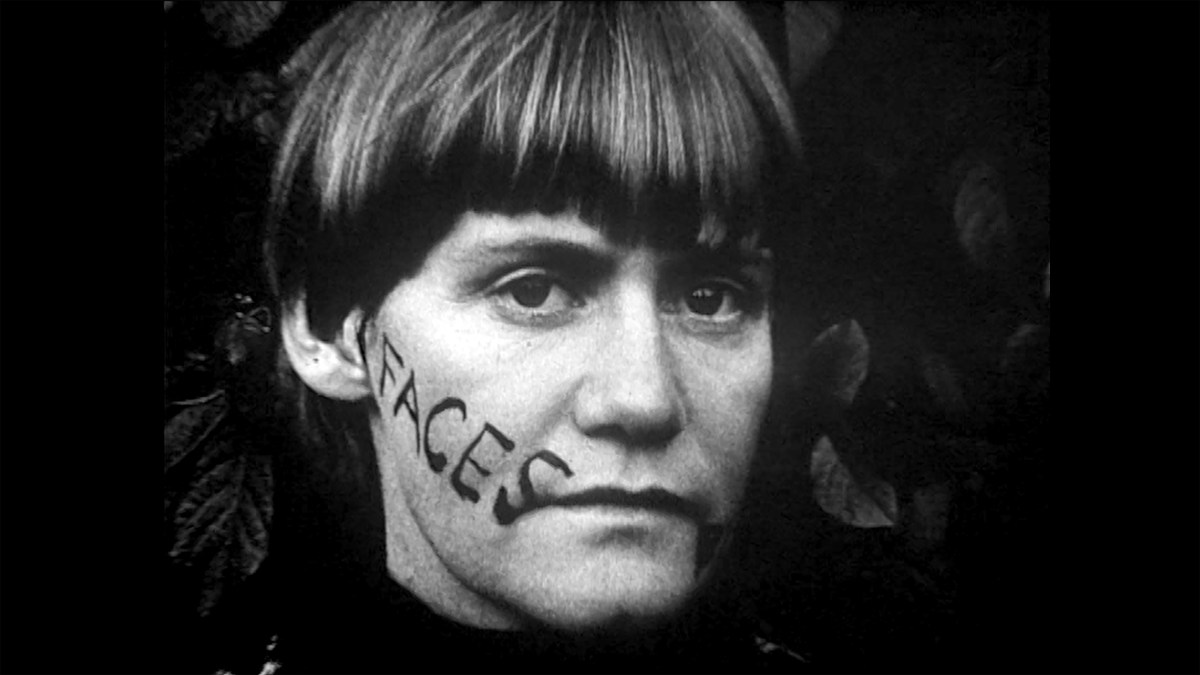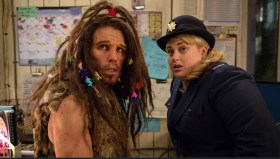This documentary about Australia’s co-op film industry is imbued with the spirit of those very productions from the ‘70s and ‘80s.
The Australian film industry will seemingly never not be a cause of consternation by those in (and outside) of the arts. Some feel we don’t do enough, while others feel we do too much. Nobody wants to watch our stuff, except when they do. There’s little room for nuance in such discussions, as if Penguin Bloom is the same as an Alena Lodkina feature or work of non-narrative experimentalism.
Read: Petrol director Alena Lodkina: ‘I’m interested in cinema that feels intimate’
Too often overlooked in these discussions are the humble beginnings. Sure, everybody likes to talk about the theatrical breakthroughs of Peter Weir, Bruce Beresford, Phillip Noyce and Gillian Armstrong. But the era of the Australian film co-operative is little recognised. An era of experimentation, political rebellion and the development of some of this nation’s greatest film voices. The films of this era are some of the boldest, bravest, and most entertaining titles that have ever been produced in Australia, going to places mainstream news rarely tread.
But issues around distribution and access as well as a dispiriting lack of cultural curiosity by even some hardcore Aussie cinephiles mean they risk falling into total obscurity. As Margot Nash (We Aim to Please, The Silences) puts it: ‘Before the co-op, people thought ‘no one wants to see these films; there is no market for them.’ What the co-op proved was that they did and that there was a market for them and people did want to see those films. And I think still do.’
This isn’t unique to Australia, of course. Much is routinely made of lost films from the United States of America, including large swathes of those made by and/or about women and people of colour. Considering how truncated our film history is, however, I would like to think more of a priority was placed on its survival and its education.
Faces of a movement
Taking its title from the Melbourne-operated and internationally renowned film journal of the same name, Senses of Cinema is a new documentary from the directing and producing partnership of John Hughes (Indonesia Calling) and Tom Zubrycki (The Diplomat, Molly & Mobarak). Echoing the collaborative spirit of the co-op days, this collaboration is a natural fit with decades of experience behind both of them.
Read: Senses of Cinema hunts for modest injection of funds
The pair offer up this world premiere at the Melbourne International Film Festival, with support coming from the MIFF Premiere Fund. Zubrycki noted at the film’s post-screening Q&A that they hope to send the film around Australia and internationally. Festivals in cities like Melbourne that have a strong sense of cinema appreciation will likely be its most logical home before likely becoming something of an educational resource.
Filmmakers like Noyce and Armstrong, Digby Duncan, Jeni Thornley, Stephen Wallace, Essie Coffey, Margot Nash, Pat Fiske, Kit Guyatt, Susan Lambert, Gillian Leahy, Helen Grace, Ivan Gaal, Alessandro Cavadini, Carolyn Strachan, Sue Ford, Jane Oehr, and even Zubrycki himself (his excellent 1984 documentary Kemira: Diary of a Strike is positioned here as the unofficial close of this era) made such valuable contributions to local screen culture.
They were on the forefront of politics, capturing movements like the green bans (Woolloomooloo), the women’s (A Film for Discussion) and Aboriginal (Ningla A-Na) rights movement, and the first ever Mardi Gras that culminated in violent police attacks on peaceful citizen protest (Witches and Faggots, Dykes and Poofters). They challenged ideas and spearheaded discussion with their films being widely distributed among local progressive networks and festivals around the world. All while advancing the very language of film itself. There has never been anything quite like Two Laws or My Survival as an Aborigine. Likewise My Life Without Steve, Serious Undertakings, Maidens, or Love Letters from Teralba Road. It’s a damn shame these titles are others like them aren’t as embedded in screen education as Mad Max.
Many of these filmmakers are featured here as interview subjects. Noyce apparently from the set of an American network television series, while most others are in their living rooms or production offices. Jan Chapman, an essential name to the era who went on to be an Academy Award-nominated producer of Jane Campion’s The Piano, also appears.
Ten years in the making
The movie has been filmed across ten years, something that does come across in the low-definition visual quality of some of the interviews as well as some quaintly old-fashioned graphics. Of course, such technical quibbles are probably beside the point, really. Nobody who attended the co-ops from their inception in the late ‘60s to their dissolving in the mid-‘80s, sitting on rickety chairs in small rooms without air-conditioning was likely complaining about a shaky camera here or muffled audio there.
These were films made on the smell of an oily rag, shot on film (standard and super 8 or 16mm mostly) with all of the wear and tear that comes with it. Like many of the films featured in the doc, Senses of Cinema has been made on pockets of grant fundings. It’s easy to bemoan, but in some ways it adds to the documentary’s allure. A documentary about Australian cinema history that was effectively just as hard to get produced.
As if to highlight the very necessity of a film like this, both Hughes and Zubrycki dedicated their second MIFF screening to Two Laws and Ningla a-na co-director Carolyn Strachan, who passed away at her home in America just one day prior. Her name joins a long list of individuals from this period who have passed away. Something made only sadder by knowing their films languish in vaults at the whims of rare repertory screenings or on hard-to-access DVD releases.
Albie Thoms, another whose role was pivotal to the movement with films such as Blunderball, the extraordinary Bolero, and Palm Beach with Bryan Brown, was interviewed for the product not too long before his own death in 2012. It is shocking that such valuable insights into the fabric of Australia’s film history could have been so cruelly dismissed as – to quote Zubrycki – ‘too niche’ by the nation’s public broadcaster. But here we are in 2022 at least with a completed Senses of Cinema to help fill these missing puzzle pieces of our culture.
Senses of Cinema will have one more screening at MIFF, on Thursday 18 of August. For tickets and more information head to the MIFF website.
More MIFF 2022 reviews on ScreenHub:
- Moonage Daydream: David Bowie film depicts a life well loved
- Neptune Frost film review: a visual album that defies form
- Three Thousand Years of Longing: George Miller’s wish upon two stars
- Of An Age film is a tender and romantic Melburnian treat
- The Exam serves a ‘politically backward’ view of Kurdistan
Actors:
Director:
Format: Movie
Country:
Release:





